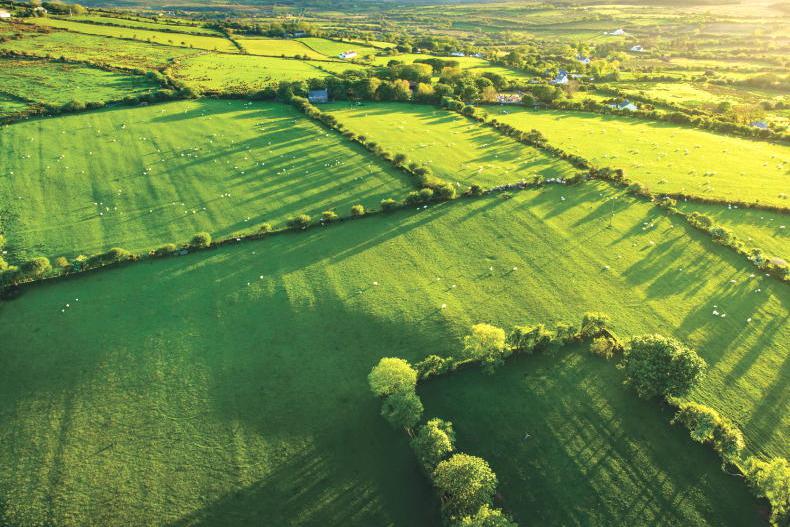Data from the Research Institute on Organic Agriculture (FiBL), which is published every year, shows that in the EU in 2020 organic farming showed record growth.
The EU organic market marked a record increase of 15.1%, reaching €44.8bn, making EU the second-largest market, after the USA and China, according to the research, which was conducted in collaboration with The International Federation of Organic Agriculture Movements (IFOAM).
In the same year, organic land in the EU grew to 14.9m ha, although at a slower rate than in previous years.
According to IFOAM, more than half of organic land is concentrated in four countries: France, Spain, Italy and Germany.
France hosts the largest organic agricultural area with 2.5m ha.
Spain is next, followed by Italy, with 2.4m ha and 2.1m ha respectively.
Highest numbers
The highest number of organic producers is in Italy with 71,590, followed by France which has 53,255 and Spain with 44,493.
The EU’s market champion is Germany with a market valued at €15bn, followed by France with €12.7bn and Italy with much smaller market of €3.9bn.
For the European organic movement, improving knowledge and data collection on organic farming systems is crucial to increase organic production and consumption and achieve the targets set in the EU Farm to Fork and Biodiversity strategies, IFOAM has said.
A reliable and comprehensive set of data on organic production can also encourage new investors
"The statistics on Agricultural Inputs and Outputs (SAIO) Regulation, currently under negotiations between the co-legislators, is an opportunity to collect more data on organic agriculture, which should allow for a better understanding of organic farming performances.
"A reliable and comprehensive set of data on organic production can also encourage new investors to enter the organic supply chain and accelerate conversions and market access," the federation added.
Rapporteur of the regulation on the SAIO Petros Kokkalis said: "The SAIO regulation is the opportunity to provide for precise and reliable data on organic agriculture. We need to be able to monitor and evaluate the EU target to reach 25% of agricultural land under organic farming by 2030."
IFOAM Organics Europe’s director Eduardo Cuoco said that the growth of organic farming in the EU has been impressive up to 2020, but it is fragile, as it is partly dependent on public policy support, and the current negotiations on the CAP Strategic Plans bring a lot of uncertainties. He said: "The case of France, which currently holds the presidency of the EU Council, is striking, it now boasts the largest area of organic land in the EU."
However, he said the government’s plans to stop CAP payments rewarding organic farmers for the public goods they deliver "risks putting a halt to the growth of the past years".







 This is a subscriber-only article
This is a subscriber-only article










SHARING OPTIONS: